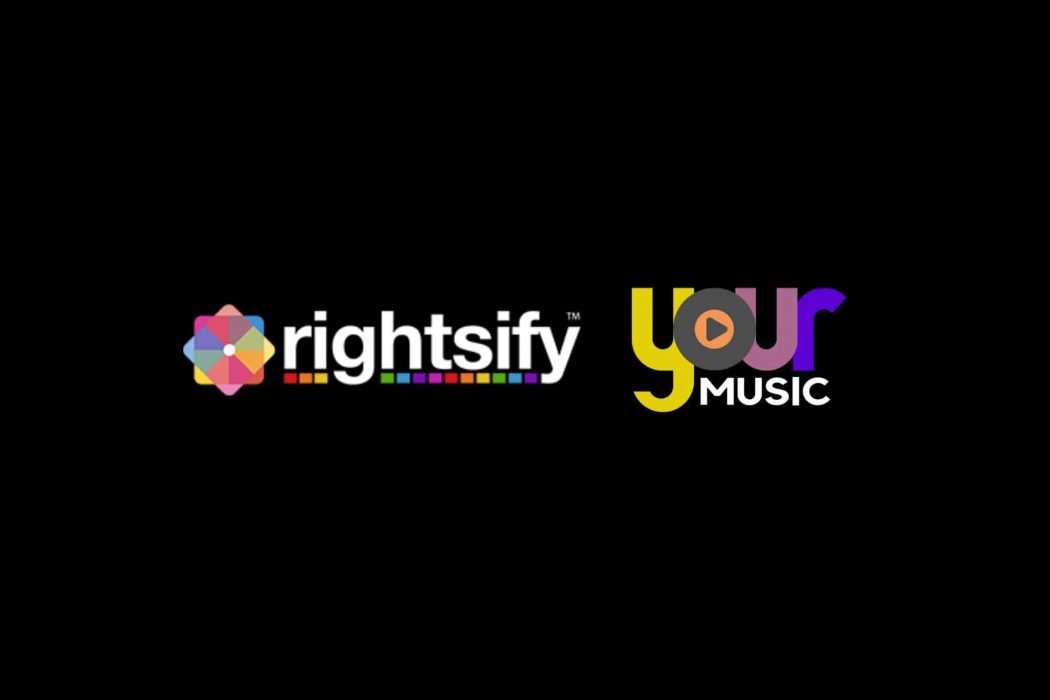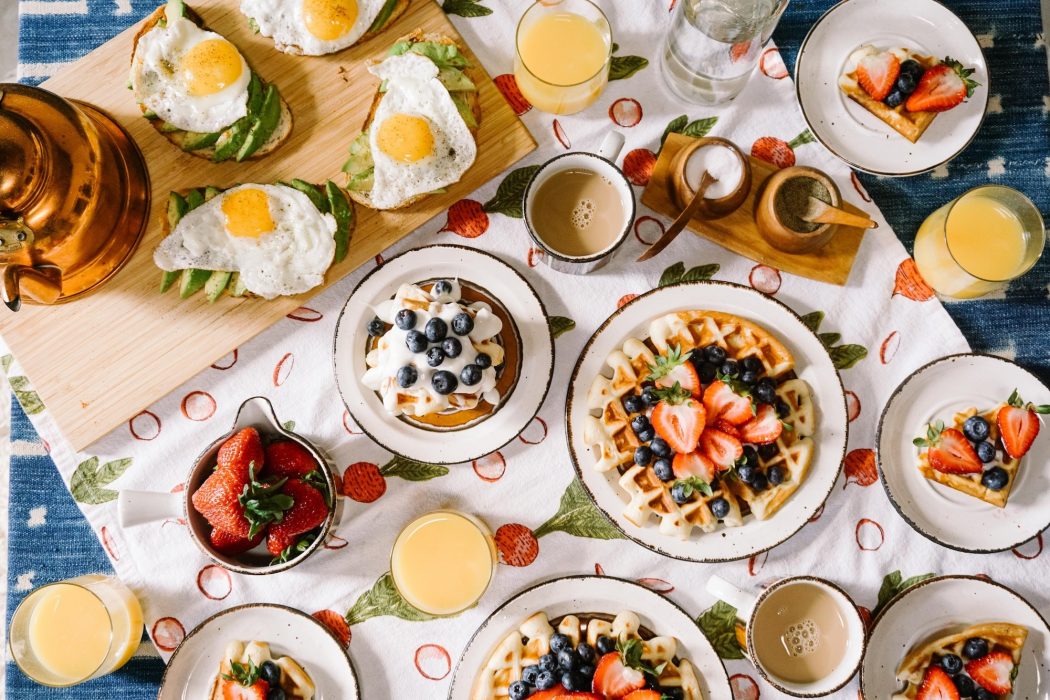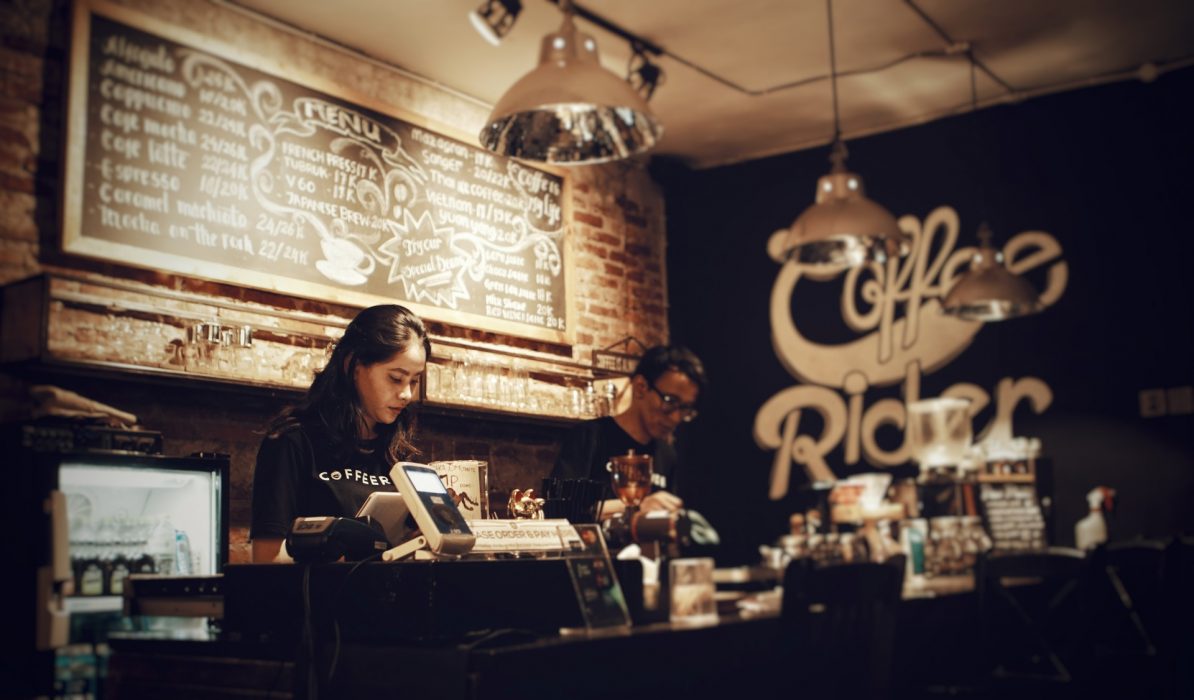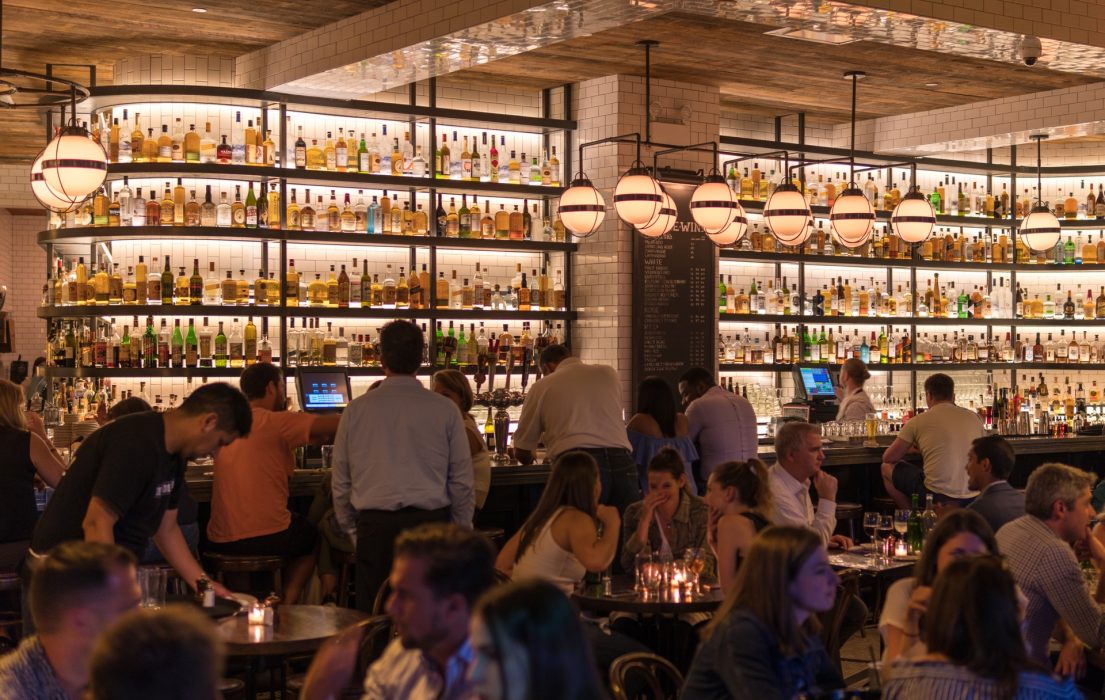Almost every business plays music. From cafes to hotels, shopping malls, restaurants, doctors offices, fitness centers, spas, salons, the list goes on.
But making sure that your business is fully licensed to play music is not something business owners always have at the top of their minds. This is understandable when business owners have employees, suppliers and other operating expenses but ensuring that a business is legally licensed to play music is important and something every business, anywhere in the world should be doing.
The types of music licenses:
When to comes to playing music in business, there are two licenses that are needed.
The first is for the Composition also known as Publishing Rights. Publishing Rights are the composition and lyrics of a song. The money from Publishing Rights goes to songwriters, composers and publishers.
The second is for the Sound Recording also known as Neighboring Rights. Neighboring Rights are for the recording and music itself. SO when you hear a song on the radio or on a playlist that’s the recording. The money from Neighboring Rights goes to artists and record labels.
The license for both rights is appropriately called a ‘Public Performance License’, which you guessed it, gives you the right to perform the music in public (your business).
How License Fees have worked:
Historically, there have been collection societies, also known as performance rights organizations or neighboring rights societies all over the world who have collected license fees on behalf of their members.
A few examples you may be familiar with are ASCAP, BMI and SESAC in the US, PRS and PPL in the UK, APRA and PPCA in Australia, CASH in Hong Kong, COMPASS in Singapore, BUMA/STEMRA in the Netherlands and so on.
As we pointed out in a previous article, while these organizations have had the right mission and goals, their ways of collecting license fees and paying royalties to their members have some serious flaws. From the royalty calculation models to the lack of technology used for paying artists and then of course the way they treat and interact with business owners. At Rightsify we work with businesses in over 30 countries and we have heard horror stories of dealing with PRO’s in almost every country we have customers in.
How to make sure your business is licensed:
The first step is to check what your current music licenses are for, if you have a license. For example, in some countries the Publishing rights societies are much more efficient at outreach and collecting royalties than the Neighboring Rights societies. So in many cases a business may have a license for Publishing Rights but not Neighboring Rights. If you don’t currently have any music license for your business, start your research as the fines for playing music without a license can be steep.
In some countries, such as the UK with PRS and PPL, the two societies have formed a joint venture where it’s a one-stop license. However in most countries there are multiple collection societies that license both Publishing and Neighboring Rights. This leads to confusion of whether a business is fully licensed and they haven’t done a very good job at communicating the difference between the two licenses.
In the US, it’s a very unique situation where due to some outdated copyright laws, artists and record labels (those who own Neighboring Rights) don’t get paid for their recordings being played in public. This leaves potentially billions in royalties that rights holders should be getting but on the business owner side, they only have to pay for the Publishing Rights. Neighboring Rights essentially don’t exist in the US.
Confused? Not happy with your current license? There is an alternative.
At Rightsify we were previously record label owners and music publishers who were disappointed at how money collected from businesses never actually makes it back to the artists and owners of music. This is, as mentioned above due to a lack of tracking, technology and transparency.
Rightsify works directly with artists worldwide and operates entirely via direct licensing. Part of the requirement of joining Rightsify as an artist is that they own 100% of the rights to their music. This enables us to work with businesses worldwide in any country, providing a true and one of a kind one-stop licensing system for businesses.
Not sure if your business is fully licensed to play music or are you interested in working with a new licensing partner? Reach out to us today for a free consultation.










